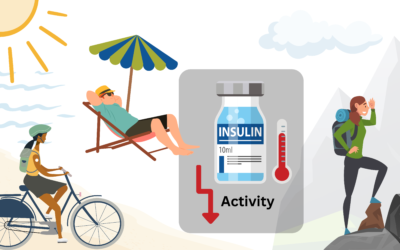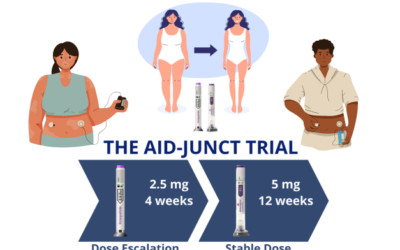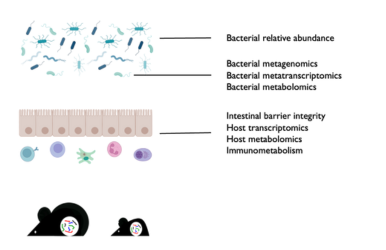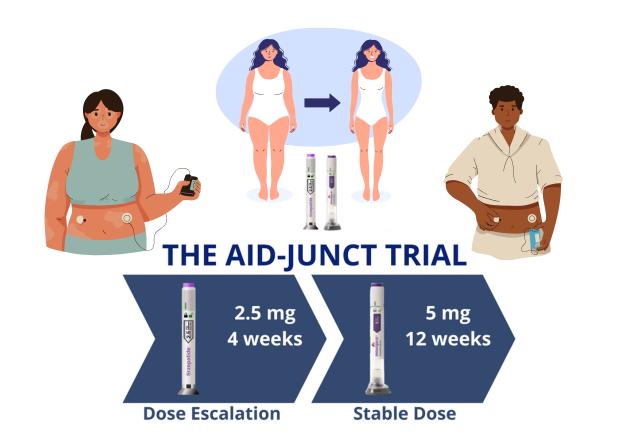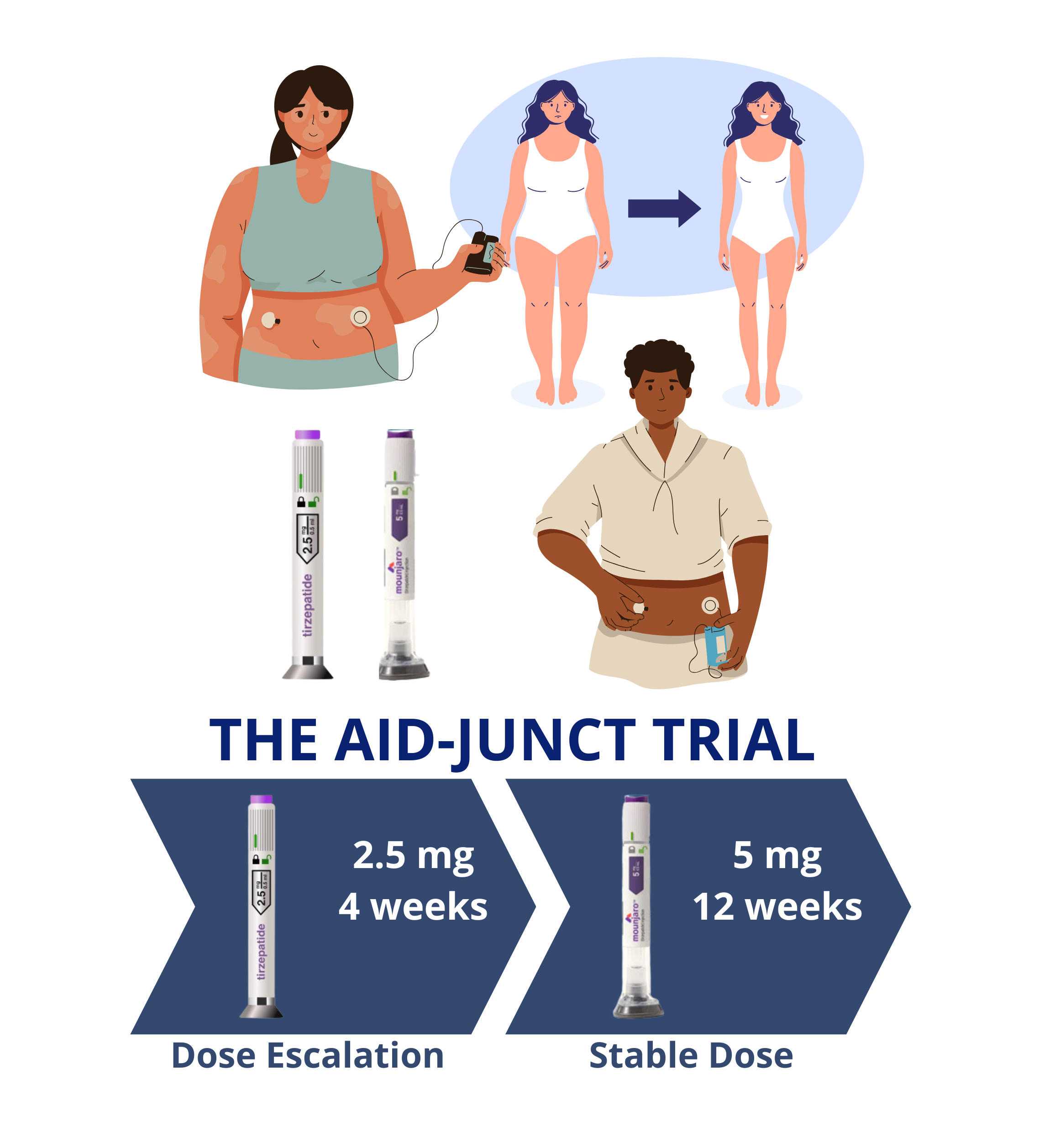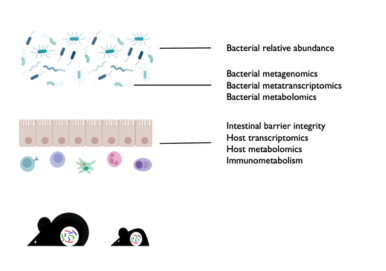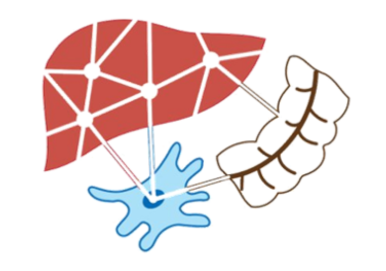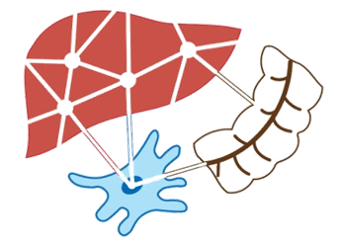Exploring Insulin Stability and Activity in Diabetes ManagementInsulin is essential for diabetes management, but its...
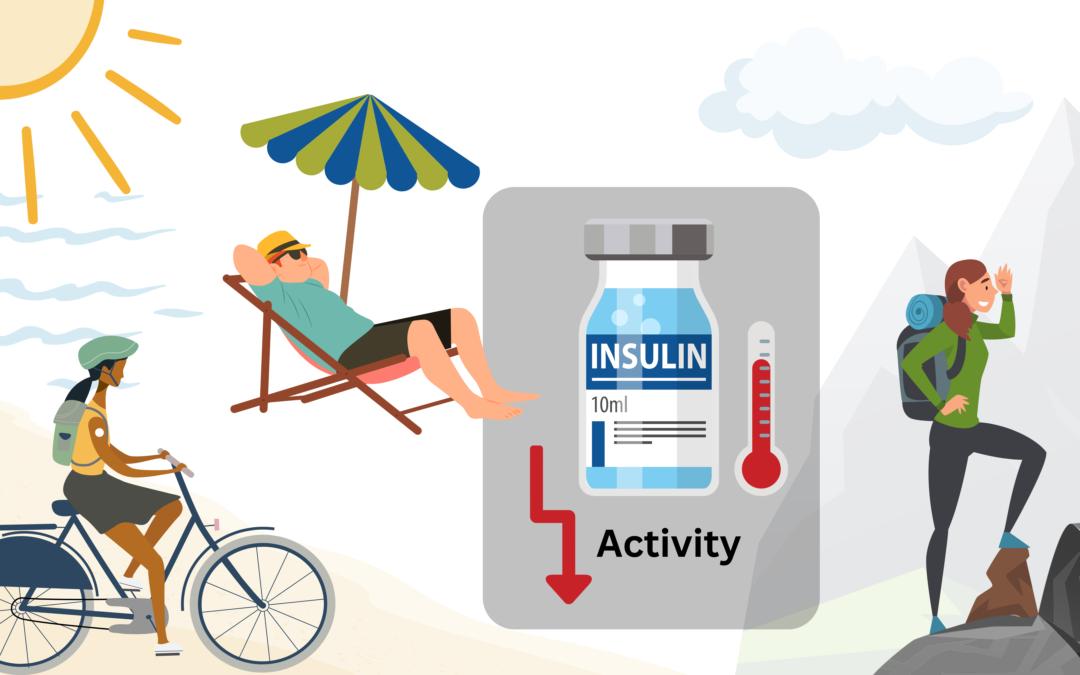
Insulin Activity Project
Insulin Activity Project
Exploring Insulin Stability and Activity in Diabetes Management
Insulin is essential for diabetes management, but its stability can be affected by temperature, handling, and storage conditions. These factors may impact its effectiveness, yet current testing methods do not always detect these changes accurately.
The project Beyond Diagnostics is focused on understanding insulin instability and its impact on treatment outcomes. By using advanced analytical techniques, we investigate how insulin structure and activity change over time, aiming to improve storage recommendations and administration guidelines.
This research contributes to better diabetes care by ensuring insulin remains effective when used. Our findings will help healthcare professionals and people with diabetes make informed decisions, reduce insulin waste, and support innovation in diabetes treatment.
Project Team: Dr. Maren Schinz, Dr. Stefanie Dobitz, Danai Kokona
Funding: Diabetes Center Berne Foundation, Innosuisse Innovation project
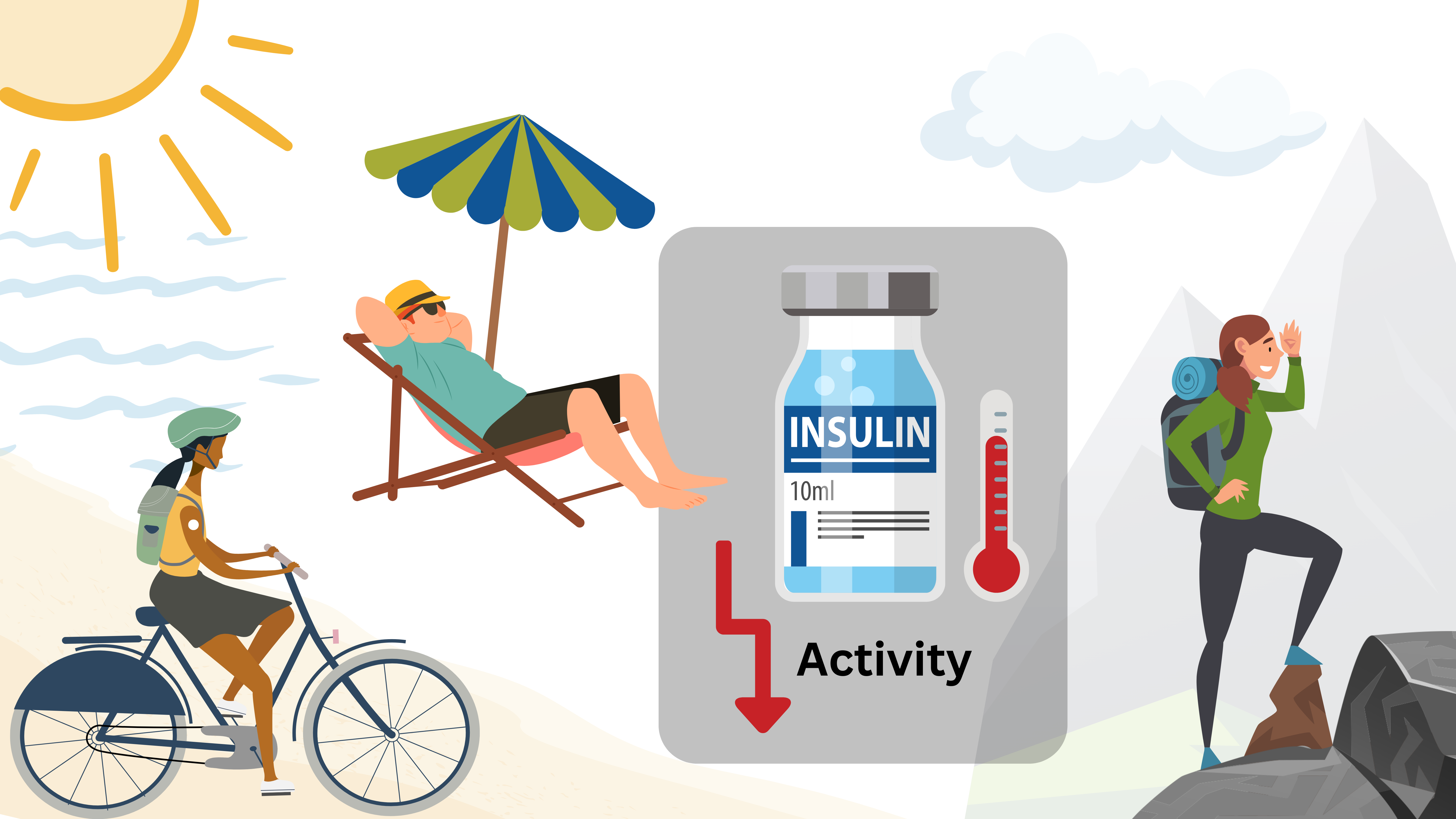
More recent projects
Insulin Activity Project
AID-JUNCT study: GIP/GLP-1RA as Adjunctive to Automated Insulin Delivery
Findings from a prospective, randomized clinical studyInnovative approaches to combination therapy in type 1...
Obesogenic microbiota Project
Exploring the connection: obesity, gut microbiome, and metabolic healthCause and effect relationship between obesity...


DCB Research AG
Freiburgstrasse 3
3010 Bern
Switzerland
